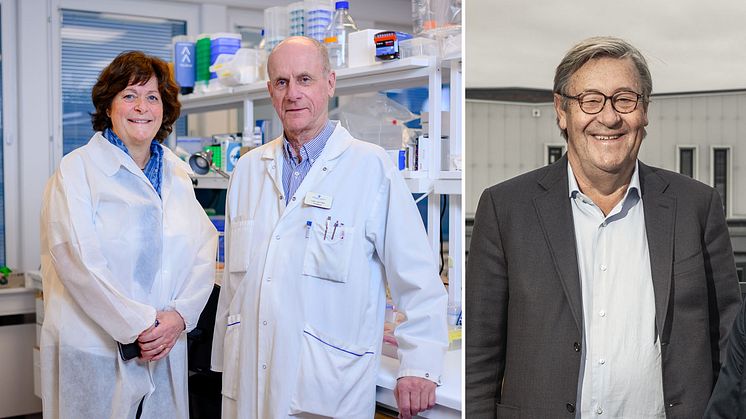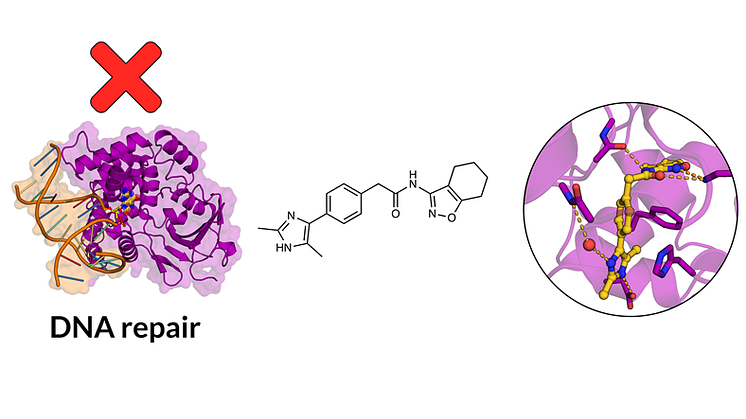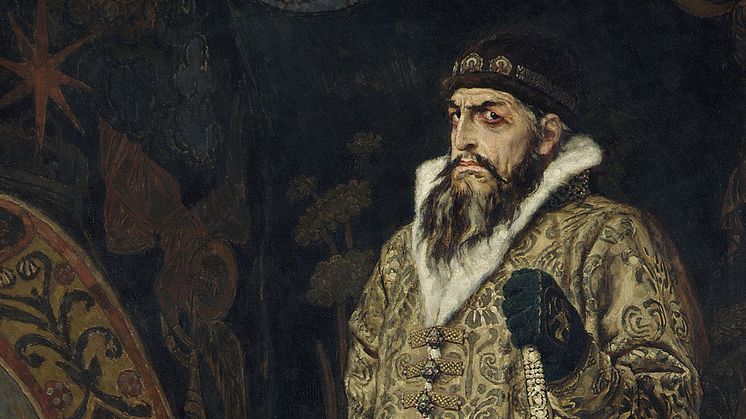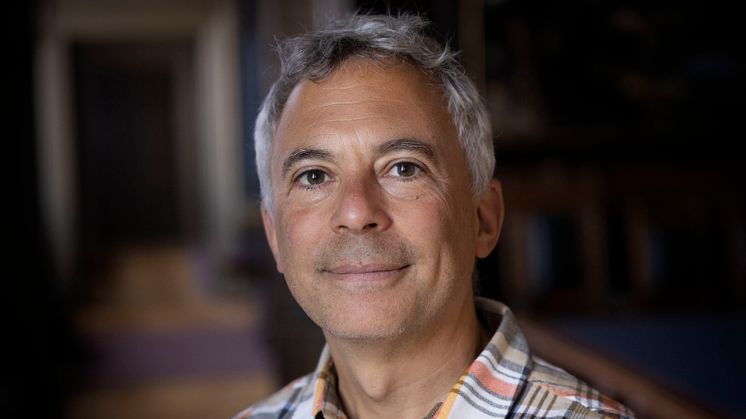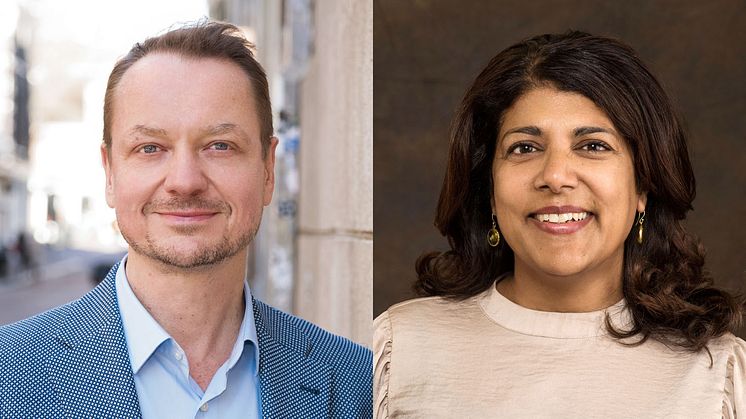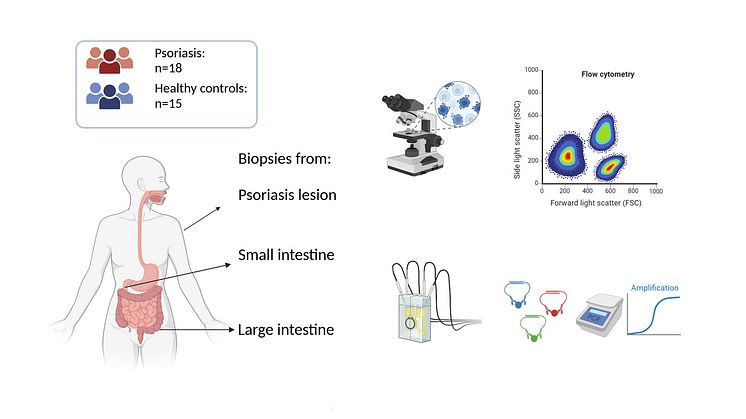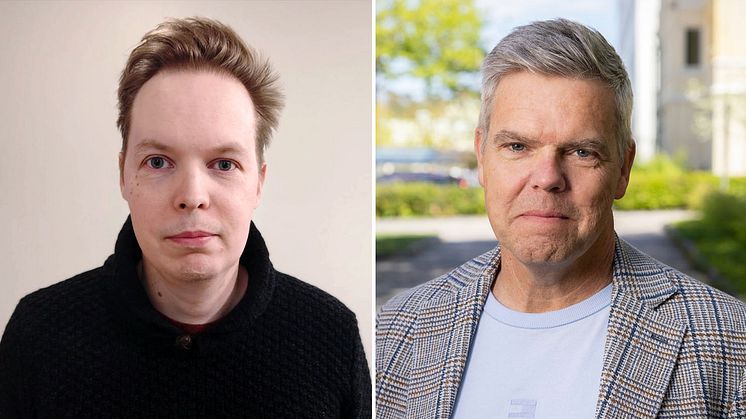Trio behind Alzheimer’s drug receives Uppsala University Innovation and Entrepreneurship Award
The drug that slows down Alzheimer’s disease is already being used by more than 20,000 patients in 10 different countries – and could soon be available in Europe too. The success story is down to the two founders of BioArctic Lars Lannfelt and Pär Gellerfors and the company’s CEO Gunilla Osswald. Their achievement is now recognised by the Uppsala University Innovation and Entrepreneurship Award.
